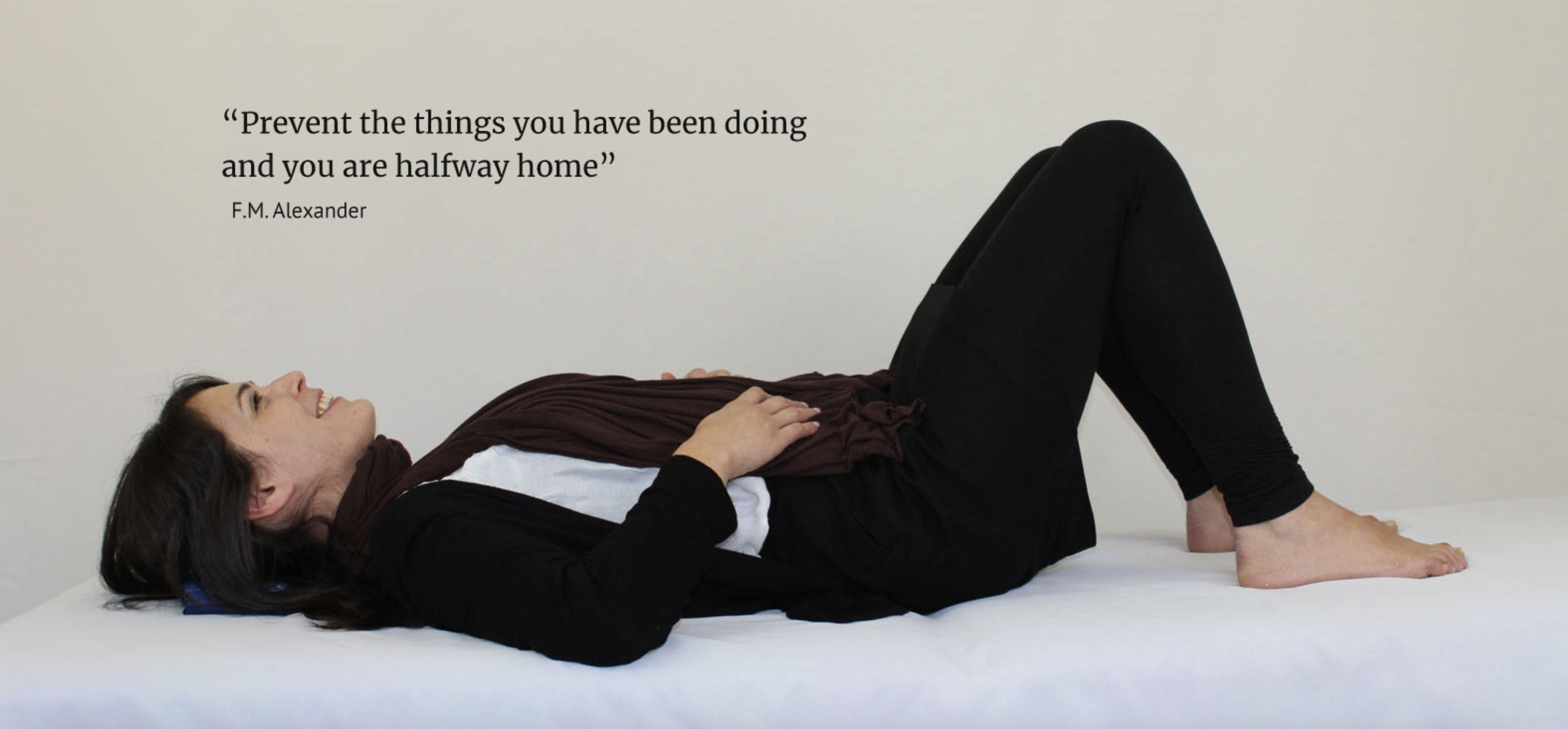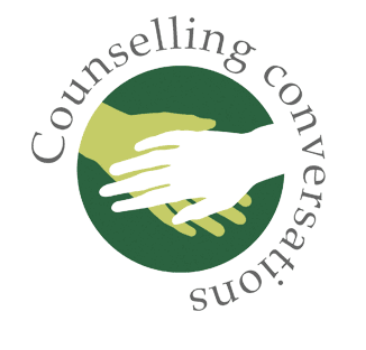Free Consultation
Alexander Technique
For Health
For Performance
About Us
How We Work
Who was Alexander?
Contact & Costs
FAQ’s
Alexander Technique

Our well being, ease of movement, poise and control depend on our habitual co-ordination and attitudes. We are often not aware of these. However, we regularly experience their effects in terms of physical discomfort, stress and poor performance.
Fortunately, by learning new habits, we can change!
The first and foremost part of Alexander’s technique is to stop relying on those habits that interfere with us living an active life. Without this, we will fail to integrate our attitudes, actions with our postural support and breathing.
The second part of the Alexander Technique involves more actively choosing or directing those patterns of movement and attitudes that integrate our movement, breathing and actions. We are left more able to breathe freely, move freely and with more energy to be calm and focused.
In consciously choosing to apply these two parts of Alexander’s technique together, we can establish a new form of control that is helpful to us in daily life – which is the aim of Alexander’s work.
Anyone can learn this new level of control with the help of a teacher. They are there to help you get an experience of co-ordination that allows for an easier way of being. Before they help, you learn to apply Alexander’s technique with confidence wherever you are and whatever activities you undertake.
To get a taste of this experience and understand more, you can come for a free consultation; see below. You can then decide if you want to learn, proceed further and develop the appropriate level of control for the changes you desire and the life you lead.
Conditions where the Alexander Technique has proved useful
Back and neck pain
Osteoarthritis
Tension Headaches Migraines
Prevension of backache during pregnancy
Stress
Osteoporosis
TMJ
Recovery from major trauma such as stroke, accidents or operations,
Repetitive Srain Injury
Breathing Disorders e.g. Asthma
Parkinsons
ME
Free Consultation
Whether you want to improve your performance or are looking for help with a particular problem, you can call us on 0131 225 4596 or email us

Counselling Conversations
Edinburgh-based Counselling and Psychotherapy to help people face the difficulties of their lives.
